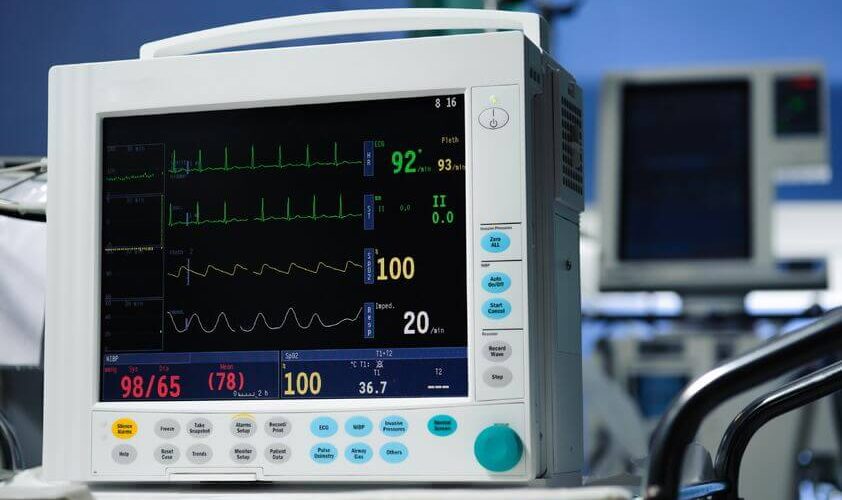
Oral and Maxillofacial Surgeons (OMSs) undergo extensive training in all aspects of anesthesia during their four year oral surgery hospital residency following dental school. This training includes serving as medical anesthesia residents with fully trained anesthesiologists. They also serve on general surgery and other medical and surgical disciplines just as all surgical residents are required to do.
Their anesthesia training includes several months on the anesthesia service as anesthesia residents, administering all types of anesthesia on patients having all types of surgical procedures. Therefore, OMSs are well prepared and experienced to give local anesthesia, various types of sedation, and general anesthesia. This includes managing airways, intravenous access, and even complications or emergencies that may possibly arise during anesthesia.
During your evaluation and consultation appointment, you and the oral surgeon will discuss anesthesia options and decide what level of anesthesia is best. There are many factors to be considered in this decision including your comfort, safety, the type and length of the procedure, and any other medical issues you may have. The oral surgeon may need to check with your primary care or other treating specialist physicians to clear you for the anesthesia and procedure. This may include coordinated efforts regarding medications and lab tests. The discussion will also include how to prepare for your appointment and the recovery afterward. These steps will help to make your treatment a safe and comfortable experience.
Have a question you need answered?
Our Dental Surgeons & Implant Centers experts are standing by and ready to help!
Accepted Insurances
Our practice accepts most major dental insurance company benefits and we are preferred providers for Delta Dental and MetLife.
For more accepted insurance information click here:



